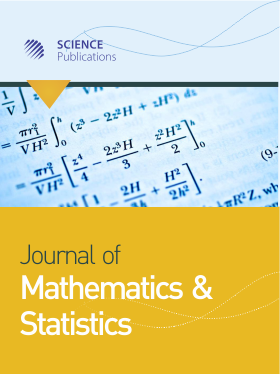Application of Theories of Complexity and Chaos to Economic Misgovernance
Abstract
Problem statement: In this study we develop a comprehensive model involving local taxes, intergovernmental transfers and bureaucratic corruption to characterize a fiscal equilibrium in order to explain the provision of local (public) expenditure in developing nations. The main goal of the research is to explain economic misgovernance as an equilibrium phenomenon, which is therefore expected to persist over time despite serious economic and social costs. Approach: We develop an interactive model of fiscal gaming to understand economic misgovernance in the context of game theory. Resutls: It is constructively argued that the proposed fiscal game is beset with multiple equilibria and the consequent indeterminacy. The possibility of unstable equilibria, or an absence of pure-strategy equilibrium renders the system highly fragile. We also demonstrate the possibility of serious bifurcations of a stable fiscal equilibrium that loses stability with changes in values of relevant parameters. We extend this model further to argue how the chaotic behavior and complexities can characterize the dynamics of decision-making in this present context. Conclusion: The emergence of chaos can undermine the efficiency and predictability of the equilibrium of the proposed fiscal game, which can in turn seriously impinge on the quality of local goods in developing nations. We argue that an understanding of the fragility and complexity of local government system is essential for policy makers for achieving a sustainable local government system in developing nations.
DOI: https://doi.org/10.3844/jmssp.2011.239.248

- 5,735 Views
- 3,468 Downloads
- 1 Citations
Download
Keywords
- Local expenditure
- Li-York theorem
- nash equilibrium
- multiple equilibria
- bifurcation chaos
- developing nations
- local government system
- highly fragile
- multiple equilibria
- developed countries
